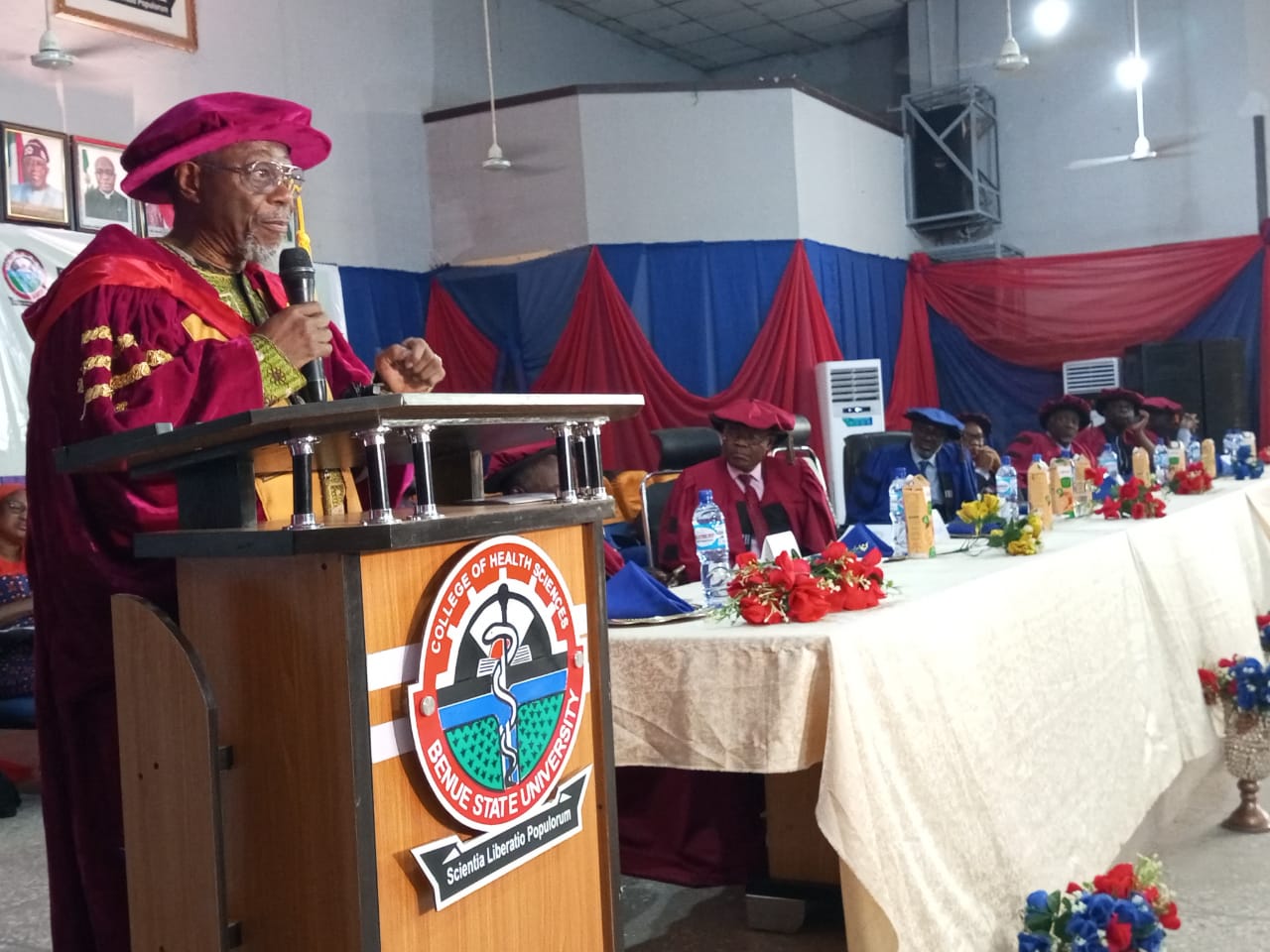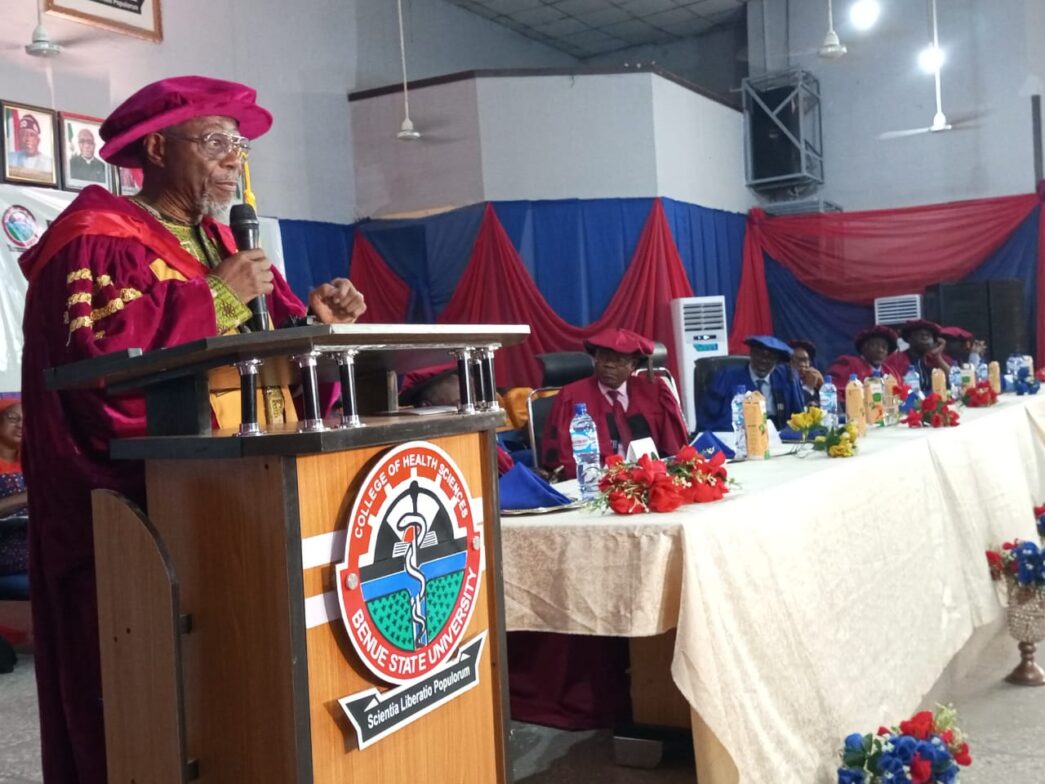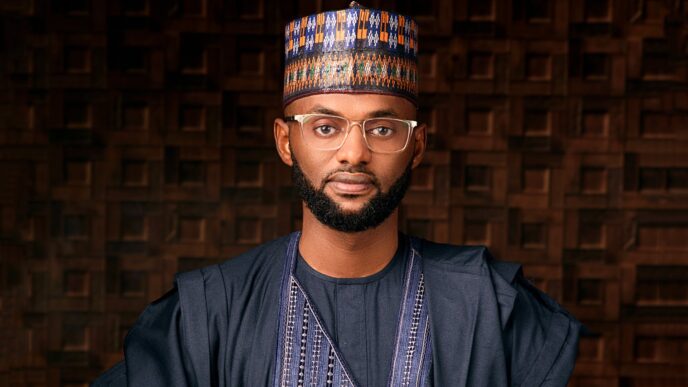Toyin Falola, a professor of African history, has asked academic institutions in Nigeria to prioritise courses that explore the country’s political challenges.
Falola spoke on Friday while delivering the 2024 convocation lecture of Benue State University, Makurdi.
The lecture was entitled ‘Power, Politics, and Policies’.
The professor said education on the peculiarities of Nigeria’s political space must be prioritised by academic institutions and civil society organisations.
Advertisement
He called for the introduction of a dedicated programme on power, politics, and policies in Nigerian universities.
“Various new courses in Nigerian universities must explore ideas around power structures, political dynamics, and policy challenges in Nigeria,” he said.
“These courses will assess their implications for sustainable development and democratic consolidation, underscoring the need for a reformed political culture that prioritises accountability, inclusivity, and transparency in policymaking.
Advertisement
“Only by addressing these structural issues can Nigeria achieve its potential as a stable, prosperous, and equitable nation.
“Students will not only learn theories like dependency theory, post-colonialism, and federalism but also engage in original research with case studies on institutions like the EFCC and ICPC.
“Data analysis, economic modelling, and visualisations will enable students to create actionable insights for planning and policy-making.”
The professor said workers in public institutions must undergo regular training to understand the power relations that fuel insurgencies, terrorism, and herder-settler conflicts.
Advertisement
Falola said efforts must be geared towards addressing impunity and abuse in Nigeria’s political system.
“Structural power defines how authority flows within formal institutions, shaping decision-making through constitutions, legislative bodies, and executive offices,” he added.
“Democracies with robust checks and balances encourage negotiation and compromise. Our political culture is often shrouded in parliamentary supremacy that marginalises opposition voices, creating a fait accompli governance model. This must change.
“Economic power often distorts policy to favour wealthy interests rather than the public. Firms and interest groups use lobbying and campaign financing to influence legislation, creating systemic inequality.
Advertisement
“Understanding the interpersonal and group dynamics within formal arrangements is crucial. Power must be wielded responsibly to ensure that policies serve the common good.
“Politics is not merely about governance; it is about who gets to exert influence and how that influence shapes the nation’s future. To reform our political culture is to reform our collective destiny.”
Advertisement
Add a comment










